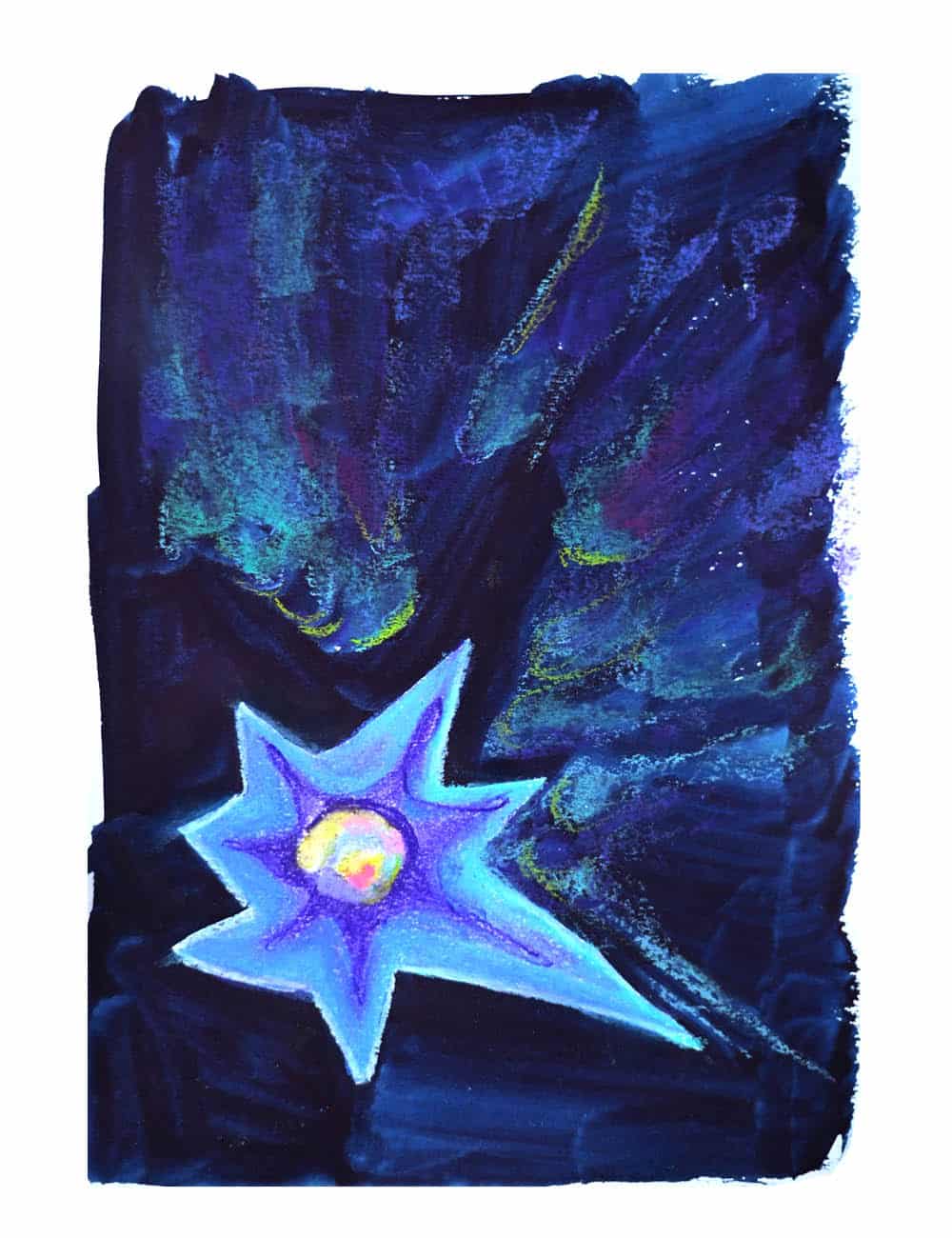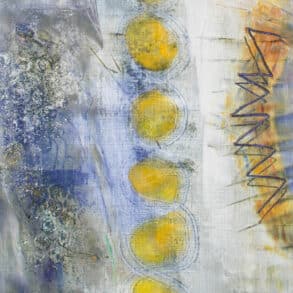In the morning, I was asked to contribute something on “hope,” and in the evening, I attended a lecture, never imagining that the two could have something to do with each other. The speaker, Matthäus Weiss, is the regional chairman of the Verband Deutscher Sinti und Roma [Association of German Sinti and Roma] in Schleswig-Holstein and has been campaigning for their rights for 45 years. His mother was taken out of school, deported, and imprisoned in various concentration camps, including Treblinka. Miraculously, she survived, unlike 500,000 of her compatriots. Her credo after 5 1/2 years in concentration camps was, “No hate, no matter what happens to us. Hate creates violence!”
After the Second World War, Matthäus, the eldest of 14 siblings, grew up in Kiel in a settlement of discarded freight cars. He experienced ostracism and criminalization. Now, he wants to break the vicious circle of “people without place.” His traveling exhibition documents the centuries-long expulsion of the Sinti and Roma and the resulting marginalization in Europe. His compatriots in the German Democratic Republic were recognized and not socially excluded—they had jobs and housing. Matthäus Weiss fought for many years for the same recognition in the Federal Republic of Germany: “It cannot be that animals have more rights than we do.”
Heide Simonis was renowned in Schleswig-Holstein, serving from 1993 to 2005 as the first female minister-president of a federal state in German history. In her, Weiss found a prominent supporter: “I could always come to her; she always had an open ear for us.” Günter Grass also became an active supporter by setting up the “Günter Grass Foundation” for the benefit of the Sinti and Roma. Weiss was offered an office in the state parliament in Kiel. He declined: “Then my people would no longer come to me.” Little by little, prejudice and criminalization decreased, and mutual respect grew, but it was not until 1990 that the Association of Sinti and Roma was recognized as an organization.
In 2006, after many years of preparatory work, the beautiful “Mari Tamm” (Our Place) cooperative housing project was built for 13 Sinti families in Kiel. Today, almost all Sinti and Roma in Germany have a permanent place of residence. It took until 2012 for Sinti and Roma to be recognized as a registered minority that needs to be protected. Hopefully, in the future, artists like Charlie Chaplin, Pablo Picasso, Anna Netrebko, Drafi Deutscher, and others will not have to deny their Sinti or Roma roots for fear of jeopardizing their careers.
The Sinti and Roma originally came from India and have spread all over the world. At a meeting in London, says Weiss, even Africans spoke to him in the Sinti language! So 75-year-old Matthäus Weiss travels around the country with his wife, who comes from Sardinia, and his travelling exhibition “Culture and History of the Sinti and Roma—Learning from History”, which he put together over the course of four years. He visits schools, authorities, and clubs—wherever he is invited. Tireless, clear, upright, without hatred, without a victim mentality: a human being!
After the lecture, I remembered the words Vaclav Havel used to describe what he associates with hope: “Hope is not the belief that something will turn out well, but the certainty that something has meaning, no matter how it turns out.” He added: “Hope is a state of mind…, the ability to work for something because it is good.”
In the morning, the question came to me about a contribution on hope; in the evening, life gave me an answer in the form of Matthäus Weiss, the tireless fighter for the recognition of the Sinti and Roma, who works for his cause because it is good.
Eight people came to his lecture.
Translation Laura Liska
Illustration Gilda Bartel









